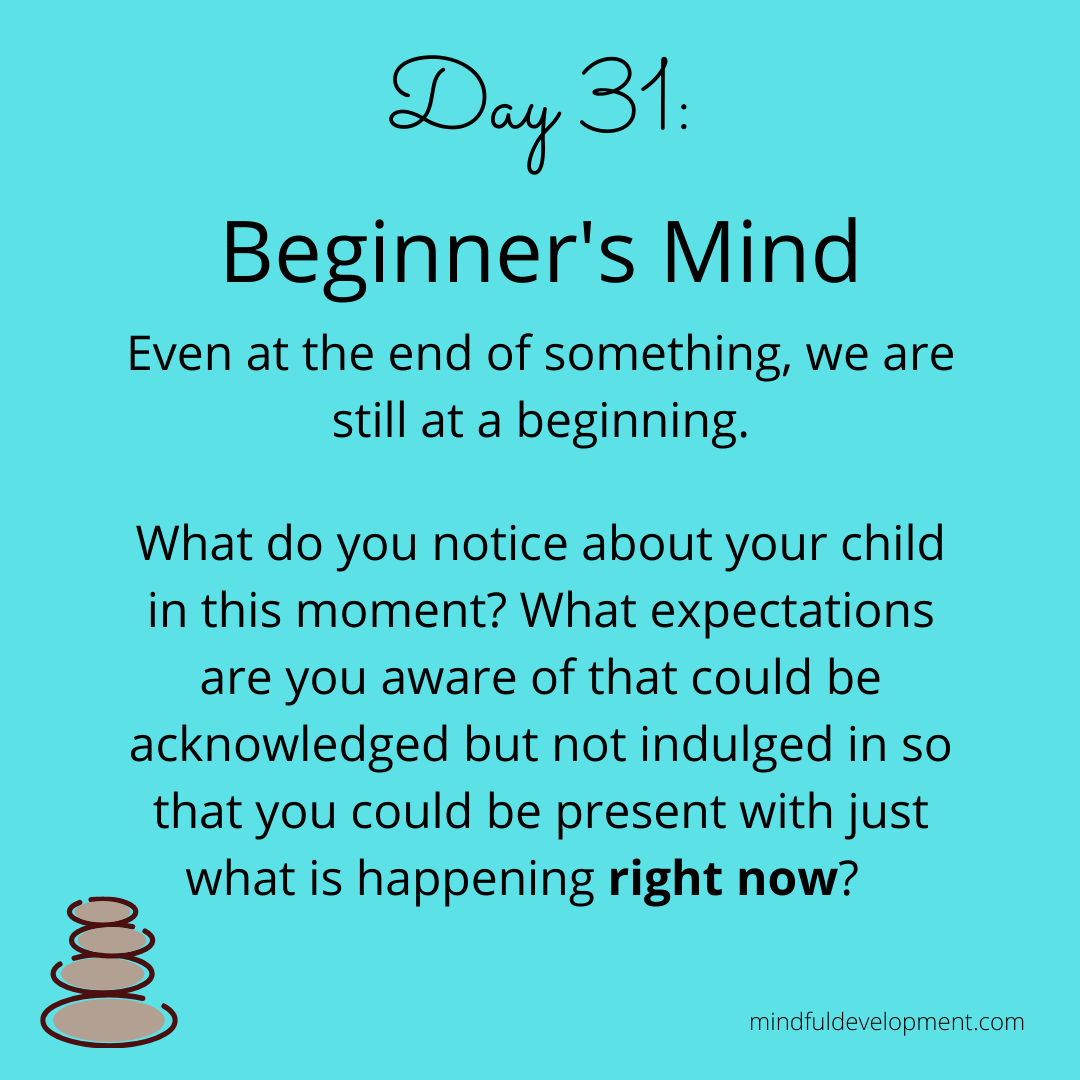First Day Jitters – Yours and Your Child’s
Starting something new—whether it’s your child’s first day of school, a new extracurricular activity, or a big milestone—can stir up a whirlwind of emotions. As a parent, you may find that your own anxiety mirrors (or even amplifies) your child’s. This is perfectly normal. The good news is that there are ways to make this transition smoother for both of you, allowing the excitement of the new experience to shine brighter than the nerves. Here are a few tips.
Plan Ahead… or Don’t
Preparation can be a powerful tool against anxiety, but sometimes it’s equally effective to dive right in before worry has time to spiral. Some children (and parents!) find comfort in walking through the plan—laying out clothes the night before, talking through what to expect, and rehearsing routines. Others may feel more at ease jumping into the moment without too much buildup, sidestepping days of anticipatory stress. If you’re not sure which approach works best for your family, try experimenting with both and see which brings the most calm.
Create a Connection Ritual
Small, meaningful rituals can serve as an emotional anchor during times of transition. This might be a secret handshake, a special hug, or a short phrase you say to each other before parting ways. Think of your existing connections with your child as delicate strings—beautiful but thin. Rituals are like weaving those strings into a thick rope, making the bond feel stronger and more resilient in moments of uncertainty. Over time, these little traditions can become a comforting constant your child looks forward to.
Seek Support and Share the Load
Navigating first-day jitters doesn’t have to be a solo effort. Share your concerns and experiences with friends, family, or other parents going through similar transitions. Sometimes simply hearing “we went through the same thing” can be reassuring. Support can also come in the form of teachers, school staff, or activity leaders who are ready and willing to help your child feel comfortable. Knowing you have a network to lean on can reduce your own stress and model healthy coping strategies for your child.
Celebrate the Small Wins
A successful day doesn’t have to mean zero tears or perfect confidence. Maybe your child walked into the classroom without clinging, or maybe they tried something new even while they felt nervous. These moments are worth celebrating. Acknowledging small victories builds confidence—for both of you—and creates a sense of progress. Over time, those little wins stack up, turning first-day jitters into fond first-day memories.
As always, my practice is here to help. Please reach out for more ideas and guidance as you navigate these challenging but exciting times with your child.
















